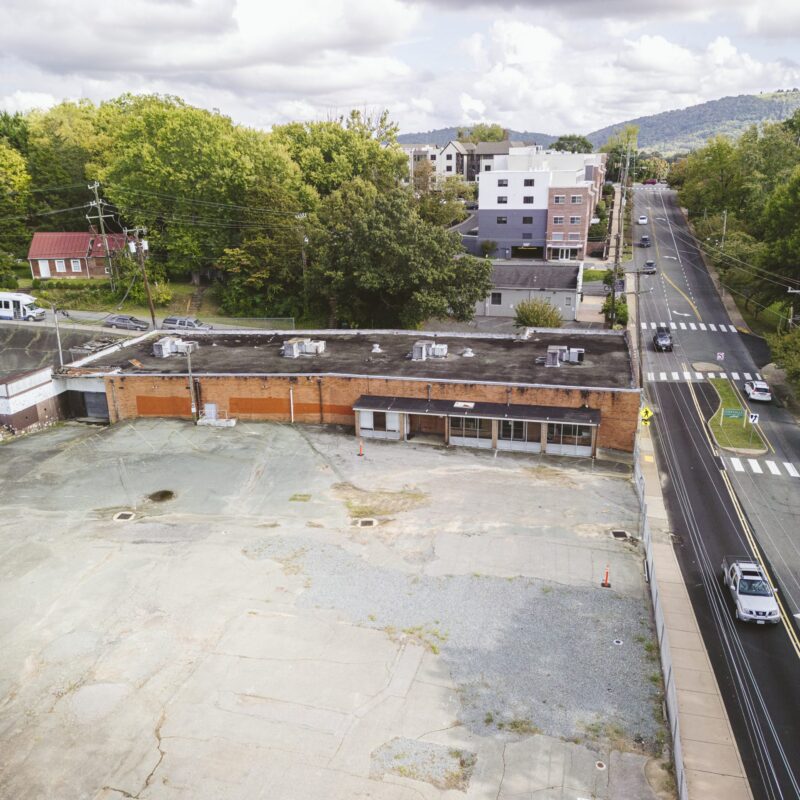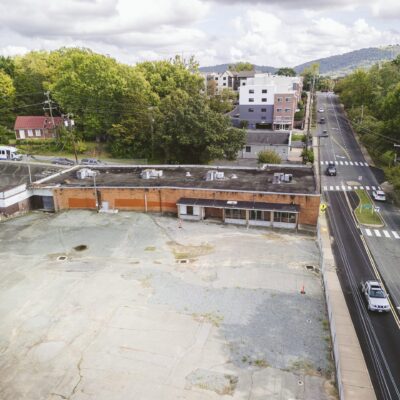First, from the Happy Days blog on the New York Times’ site, a pertinent discussion of what happens in our brains when we find out a piece of bad news about the planet’s health, our own health or both. It’s got obvious application for people trying to sell things to other people. But surely eco-angst applies to more than individual products. It becomes serious, for example, when you think of the psychological effect on people who live near mining sites or watch a waterway they love become too polluted to swim in.
In happier news, here’s an inspirational story (and I don’t use that phrase often) shared with me by one of our C-VILLE staffers: A teenager from Malawi provided renewable power to his family and neighbors (as well as reliable water) by building a windmill, more or less from garbage. There’s a book about this feat, called The Boy Who Harnessed the Wind, if you want to read more.
Did you know that a 1980 Volkswagen Rabbit is a relatively eco-friendly car? At least in terms of gas mileage, it is. Let’s hope not too many of these got destroyed in the recent old-car bloodbath better known as Cash for Clunkers. And let’s marvel for a second at the fact that at least three decades ago, we knew how to build pretty fuel-efficient cars, yet we have been happily building and driving gas-guzzlers this whole time. Am I experiencing eco-angst? I think I might be.
As you, too, might if you stay in a hotel. Those plastic-wrapped water glasses! Those full-tilt air-conditioners, turned up to "10" when no one’s in the room! And apparently it’s pretty hard to get recycling programs going in hotels. This is a problem just waiting for some smart graduate student to solve it.
While we’re at it, let’s figure out why on earth the beef industry is allowed to sell people meat with E. coli in it. This piece gets to the gist of the problem, but for a truly disturbing read, click through to the Times’ expose of feces-smeared meat and officials who just keep passing the buck. It’s sad enough that isolated individuals have their lives ruined by the disease, but of course, there are major environmental problems with industrial beef production, too. It’s nasty business all around.
And finally, the latest development in the Wilderness Wal-Mart case. I find it rather insulting when Orange County supervisors say in a filing that residents—the residents they represent—have "no standing" in the issue, simply because they do not own the land in question. That’s a mighty narrow view of the matter. Perhaps those residents will exercise their power to vote those Supes right on out of office.
More Green Reads? Post below, please.



